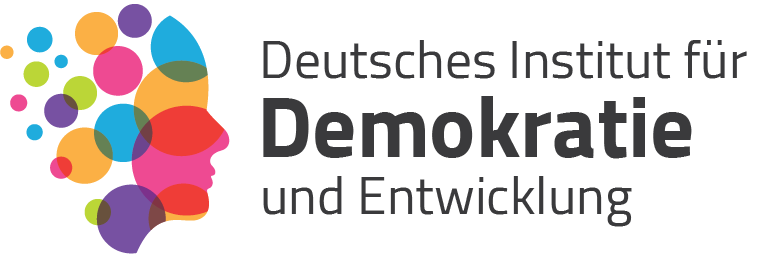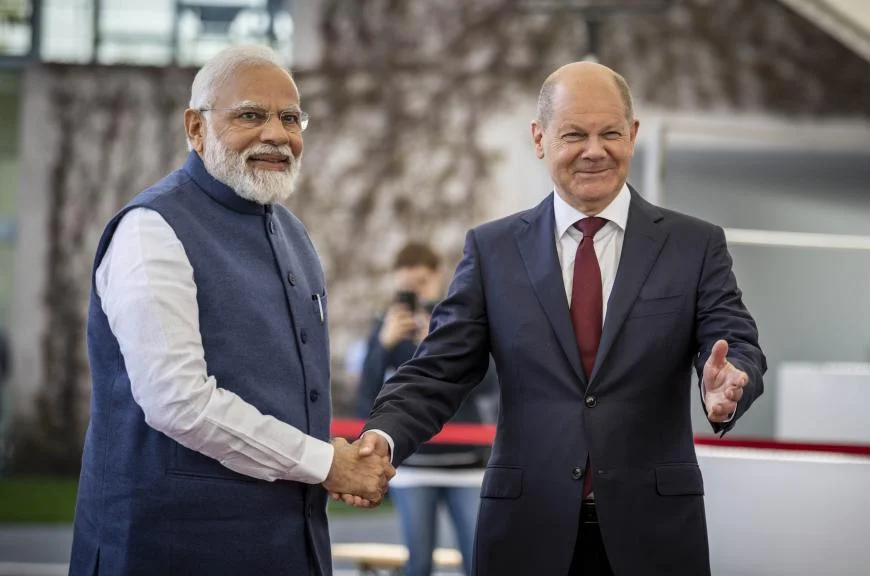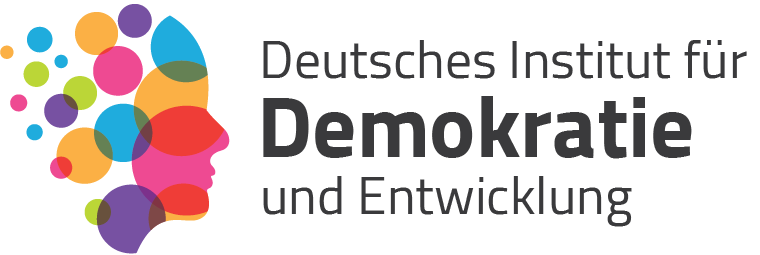On April 25, European Commission President Ursula von der Leyen described India as a “vibrant democracy” with shared principles and objectives with the European Union. However, these cliches, repeated by European politicians wanting greater commercial and political connections with India, do not represent the reality of increasing abuses and discriminatory laws under Prime Minister Narendra Modi’s administration.
Senior officials from Germany, France, Denmark, Finland, Iceland, Norway, and Sweden should review Europe’s “silent diplomacy” on human rights crimes in India as European states prepare to host Modi on May 2. This policy has had no discernible influence, and it has also contributed to a growing perception in Europe that it is ready to disregard the misery of impacted groups in India because it requires India as an ally against China and Russia.
Residents in the mostly Muslim district of Jahangirpuri, approximately 25 kilometers from the conference location, were still suffering from illegal demolitions of their stores by the city’s civic council, which is headed by Modi’s Hindu nationalist Bharatiya Janata Party (BJP).
In reaction to communal riots four days earlier, police used bulldozers to demolish property largely held by Muslims on April 20. A religious procession of armed Hindu men yelling anti-Muslim chants in front of the local mosque started the violence. Although the authorities attempted to excuse the demolitions by saying that the constructions were unlawful, the destruction looked to be a collective retribution for Muslims who reportedly flung stones at the Hindu procession.
Such unlawful demolitions of mostly Muslim property were common in India in April, as religious tensions rose in BJP-ruled areas. “Houses implicated in stone pelting would be reduced into ruins,” Madhya Pradesh’s BJP home minister threatened following communal riots there.
The bulldozers are the most recent sign of India’s eroding rule of law and growing violence against minority people. The administration of Prime Minister Narendra Modi continues to enact laws and policies that systematically discriminate against minorities. BJP officials make controversial statements on a regular basis, and some have condoned or even incited violence against Muslims. Prejudices rooted in the government have entered autonomous institutions such as the police and courts, prompting Hindu mobs to threaten, harass, and assault religious minorities with impunity.
“What is alarming now is the subordination of the fundamental principles of our Constitution and the rule of law to the forces of majoritarianism, in which the state appears to be fully complicit,” wrote over 100 former Indian civil servants, including senior diplomats, in a recent letter to Prime Minister Modi.
The Indian government has also taken a hard line on civil society, prosecuting human rights advocates, journalists, academics, students, peaceful protestors, and other critics in politically motivated cases under counterterrorism and sedition laws. The Modi administration has cut off foreign financing for hundreds of civic organizations, notably those concerned with human rights or the rights of disadvantaged people.
As part of its broader crackdown on freedom of expression, association, and peaceful assembly, the Indian government is also exploiting technology to limit human rights. Indian authorities have been accused of targeting activists, journalists, and political opponents with the Israeli-made malware Pegasus.
Over the last few years, independent human rights experts authorized by the United Nations have consistently expressed worry about India’s deterioration in human rights. However, India’s Western partners, particularly the EU and its member states, have failed to share these concerns, dismissing appeals from human rights organizations and the European Parliament.
When European leaders meet Modi to discuss increased trade and technology ties, as well as India’s participation in a rule-based global order and condemnation of Russia’s invasion of Ukraine, they should not forget the lives destroyed by bulldozers, or the journalists, activists, and critics who have been wrongfully imprisoned or repeatedly threatened by BJP supporters.
They should urge the Indian government to fulfill its duties and promises by protecting the human rights and dignity of all its citizens, not just a subset of them. Repeating hollow platitudes and ignoring government abuses will not make this happen.


